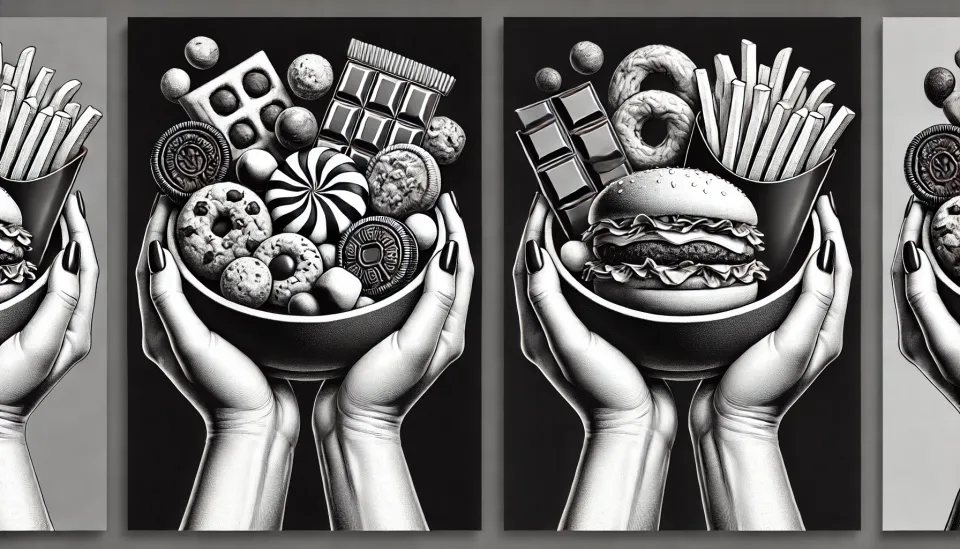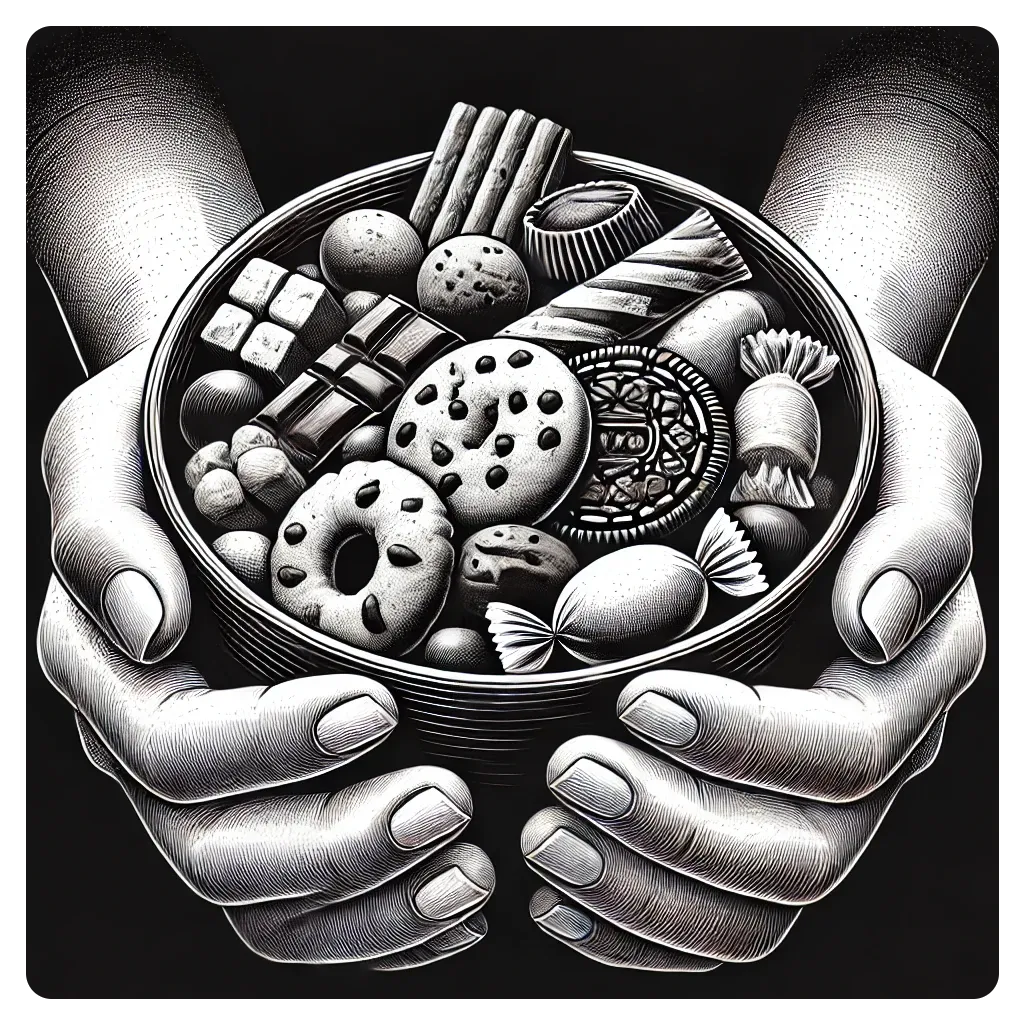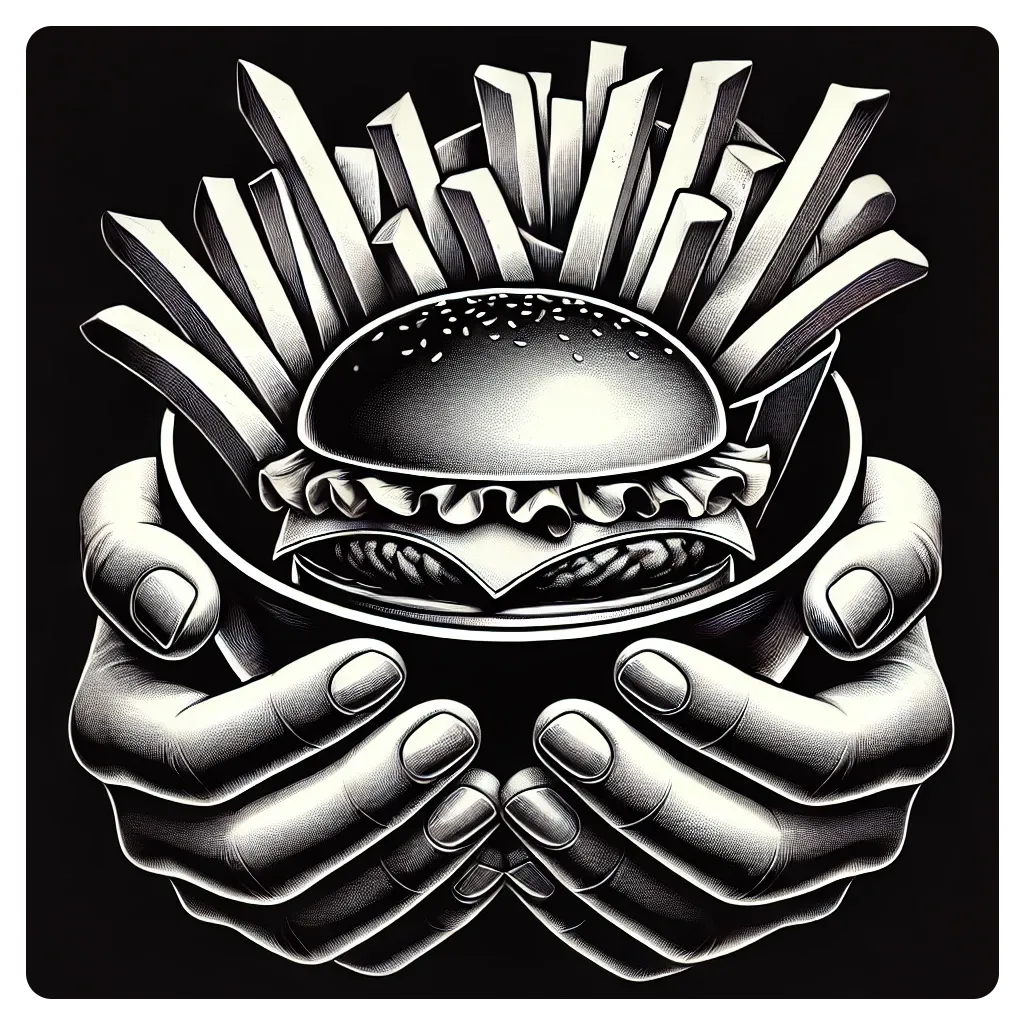Sweet Tooth or Salt Cravings? The Hidden Science Behind Your Favorite Snacks

When it comes to cravings, many people immediately think of sugar.
Whether it's candy, cookies, or ice cream, the allure of sugary treats is undeniable.
But there's another powerful craving that often gets overlooked: the savory, fatty, and salty combination found in foods like cheeseburgers and fries.
While both types of cravings can feel uncontrollable, they stem from different sources and affect our bodies in unique ways.
The Science of Sugar Addiction
The idea of sugar addiction isn't just a casual way of describing a love for sweets. There's real science behind it.
When we eat sugar, our brains release dopamine, a neurotransmitter associated with pleasure and reward. This reaction is similar to what happens with addictive substances like drugs or alcohol.
Over time, our brains start to crave more sugar to get the same dopamine hit, leading to a cycle that's hard to break.
Interestingly, those who claim to have a sugar addiction don't usually binge on fresh fruit, even though fruit contains natural sugars.
This suggests that it's not just the sugar itself, but the combination of sugar with fats and other ingredients in processed foods that creates the addictive quality.
Hyperpalatable Foods: More Than Just Sugar

Hyperpalatable foods are designed to be irresistible. These are foods that combine sugar, fat, and salt in ways that trigger strong cravings and lead to overeating.
Think of cookies, chips, and fast food. The food industry carefully crafts these products to make them as appealing as possible, often using precise combinations of ingredients to hit that sweet spot in our brains.
Are we mistaking engineered cravings for addiction? It's a valid question.
The intense desire for these foods isn't just about one ingredient—it's about the whole package.
This means that while sugar plays a role, it's not the only factor driving our cravings.
"Sweet Tooth" vs. "Cheeseburger & Fries Tooth"

So, what's the difference between a sweet tooth and a craving for savory foods like cheeseburgers and fries? It comes down to the primary ingredients and how they affect our brains.
Sweet cravings are often driven by a need for a quick energy boost, while savory cravings can be linked to a desire for comfort or a feeling of fullness.
Both types of cravings can lead to overeating and health issues, but they operate on different pathways. Understanding these differences can help us better manage our eating habits.
Improving Your Relationship with Food
Now that we've explored some of the science behind cravings, let's talk about how to manage them in your daily life. Here are some actionable tips:
- Mindful Eating: Pay attention to what and why you're eating. Are you truly hungry, or are you eating out of habit or emotion? Slowing down and savoring each bite can help you enjoy your food more and prevent overeating.
- Balanced Diet: Ensure your diet includes a variety of nutrients. This can help reduce cravings by keeping your body satisfied. Incorporate whole foods like fruits, vegetables, lean proteins, and whole grains.
- Healthy Alternatives: Swap hyperpalatable foods for healthier options. If you're craving something sweet, try fruit or yogurt. For savory cravings, opt for nuts, seeds, or homemade popcorn.
- Stay Hydrated: Sometimes, thirst can be mistaken for hunger. Drink plenty of water throughout the day to stay hydrated and potentially reduce cravings.
- Manage Stress: Stress can trigger cravings, especially for comfort foods. Find healthy ways to manage stress, such as exercise, meditation, or talking to a friend.
Reflection Prompts
- Reflect on your eating habits. Do you notice patterns in your cravings? What triggers them?
- Think about how you can incorporate more whole foods into your diet. What small changes can you make this week?
- Consider your stress levels. How can you address stress in healthier ways that don't involve food?
By understanding the science behind cravings and making mindful choices, you can improve your relationship with food and take control of your eating habits.
Remember, it's not about perfection but about making small, sustainable changes that lead to a healthier lifestyle.
Have a great day, and make today 1% better than yesterday.
RD Bert